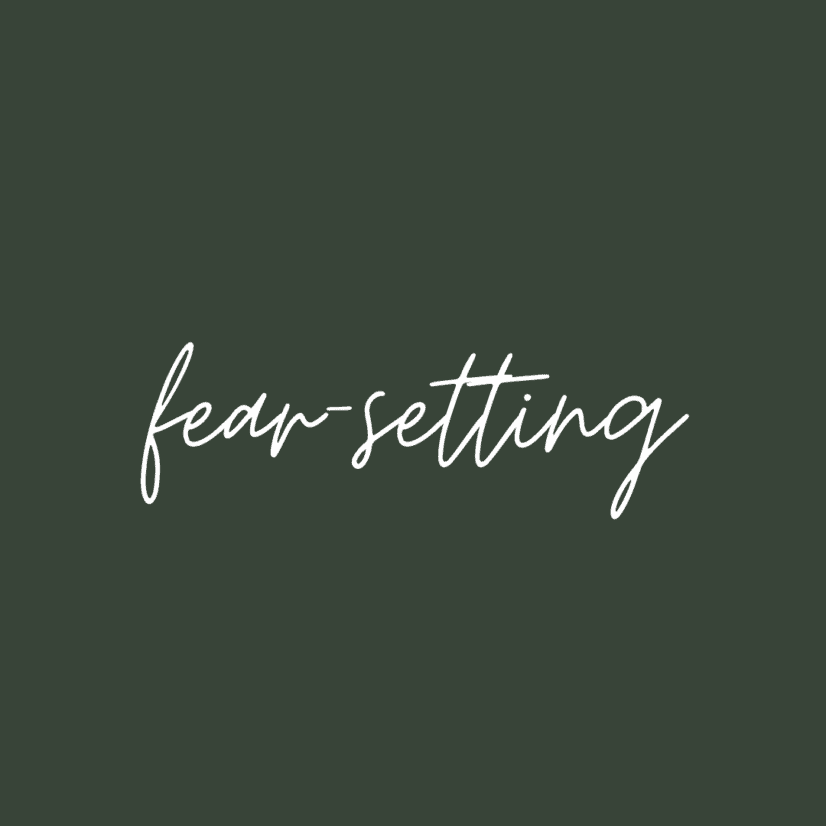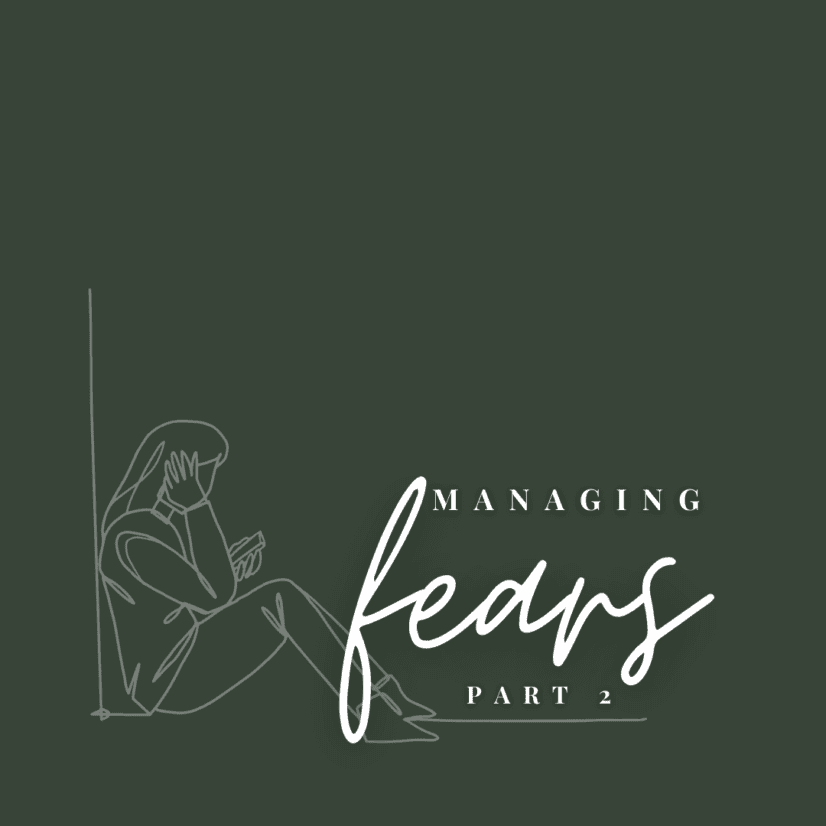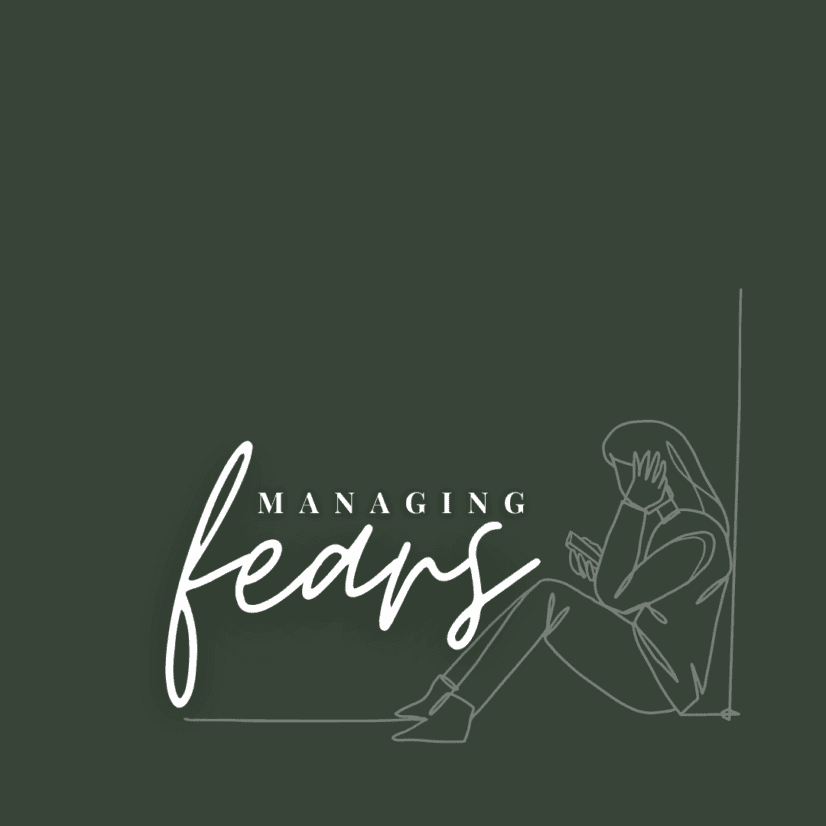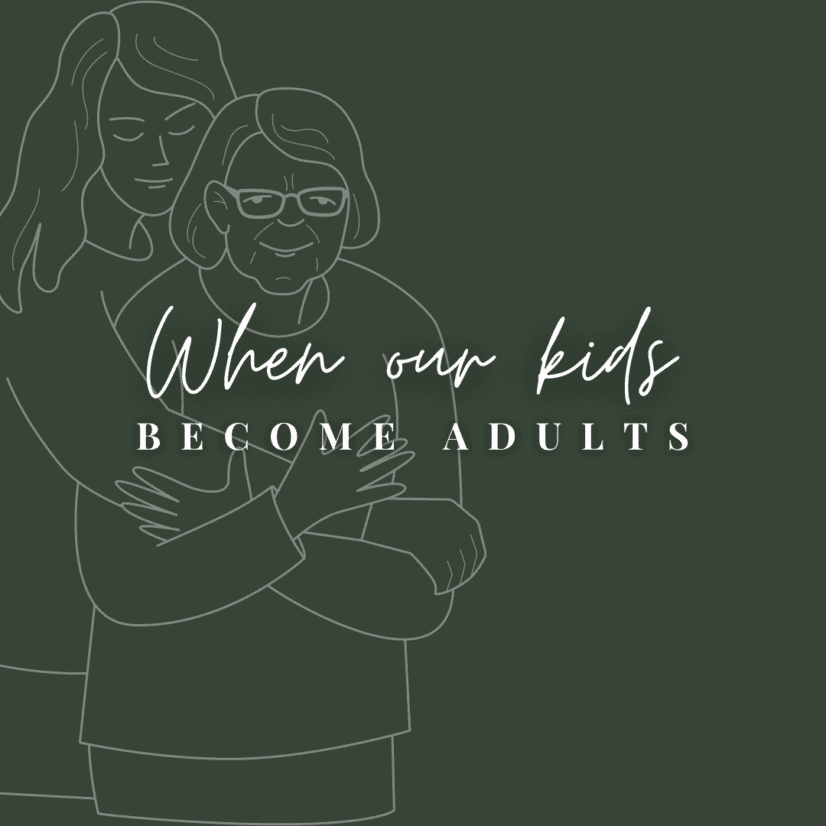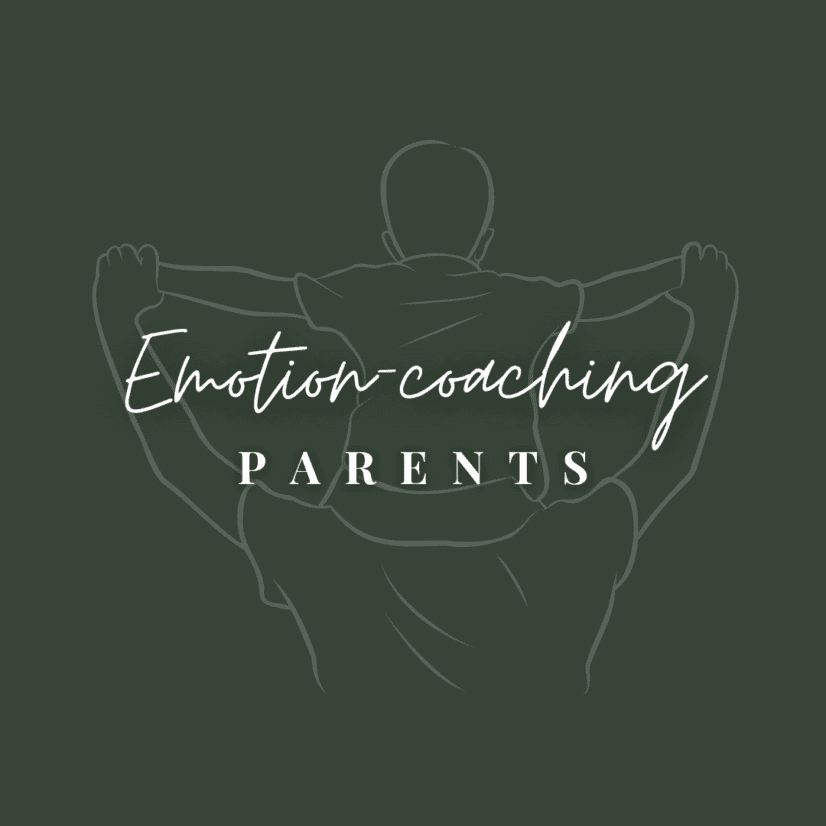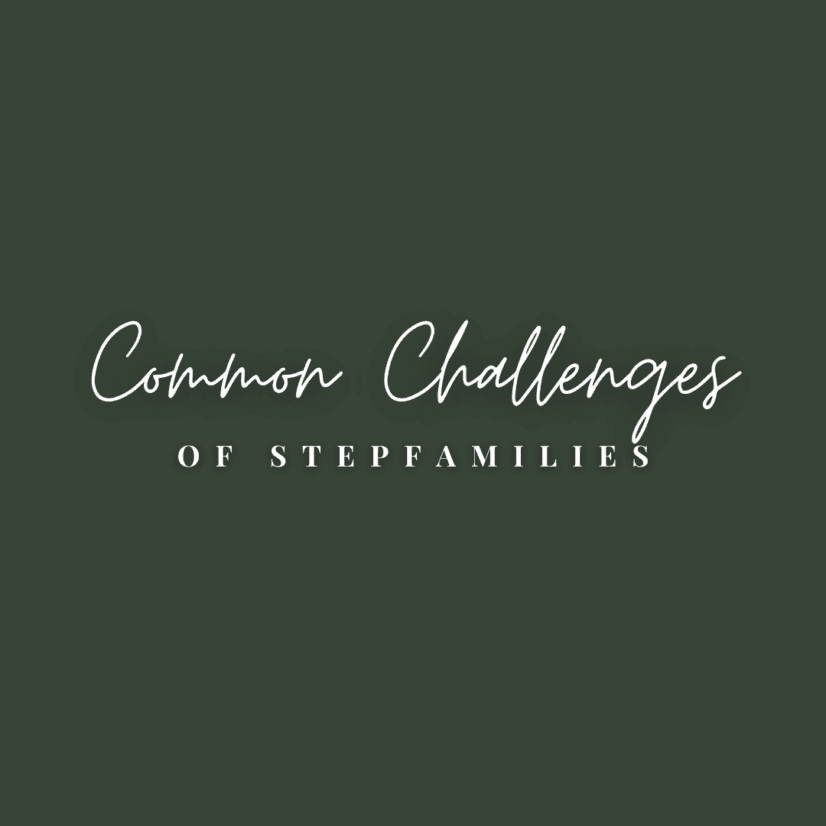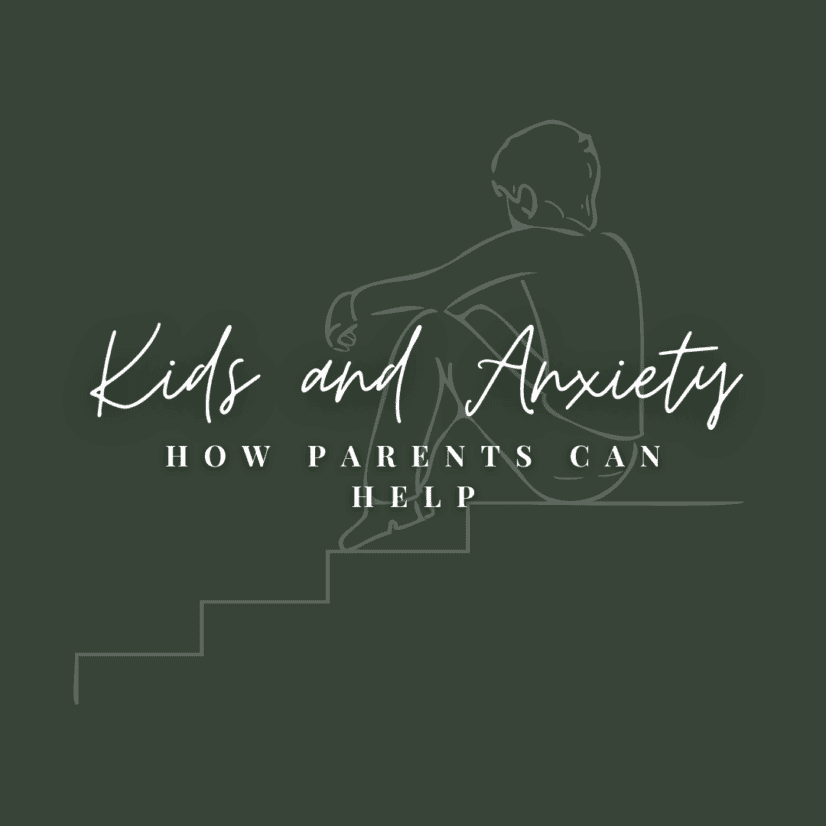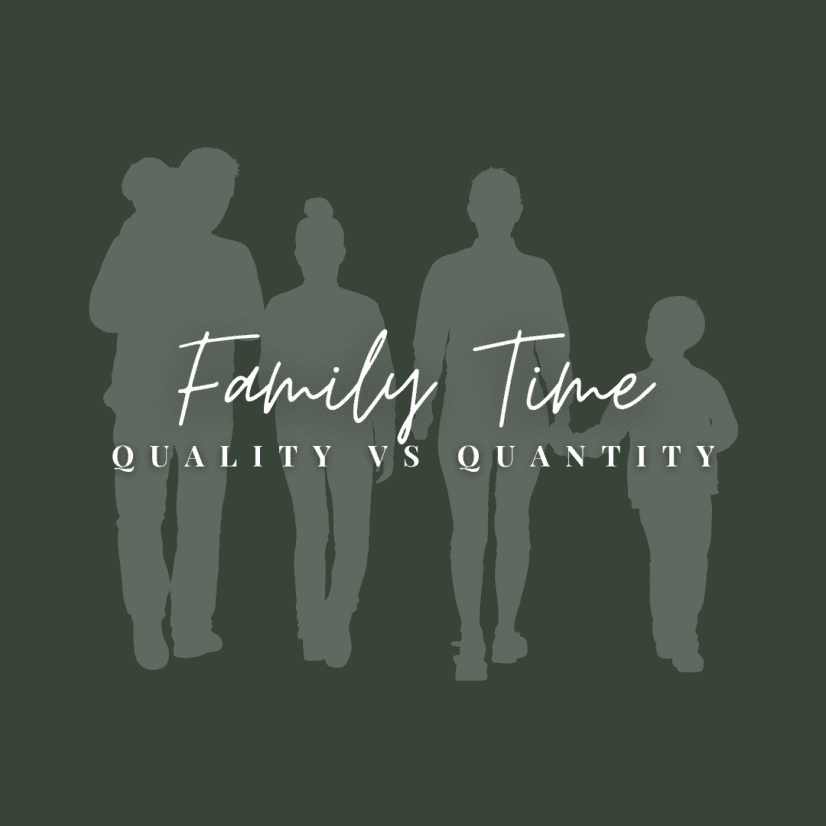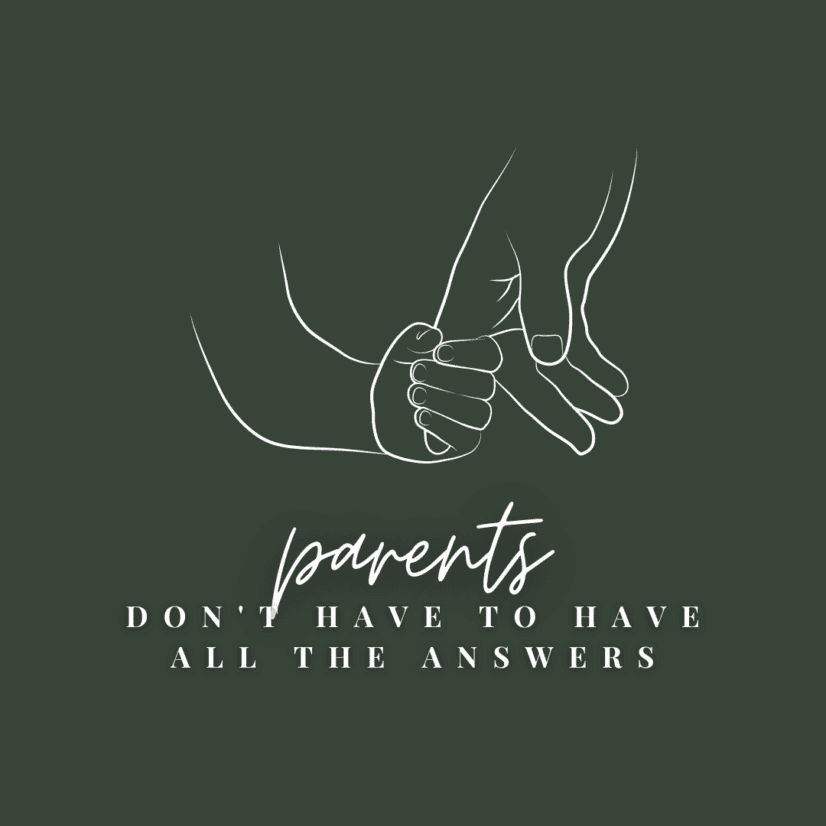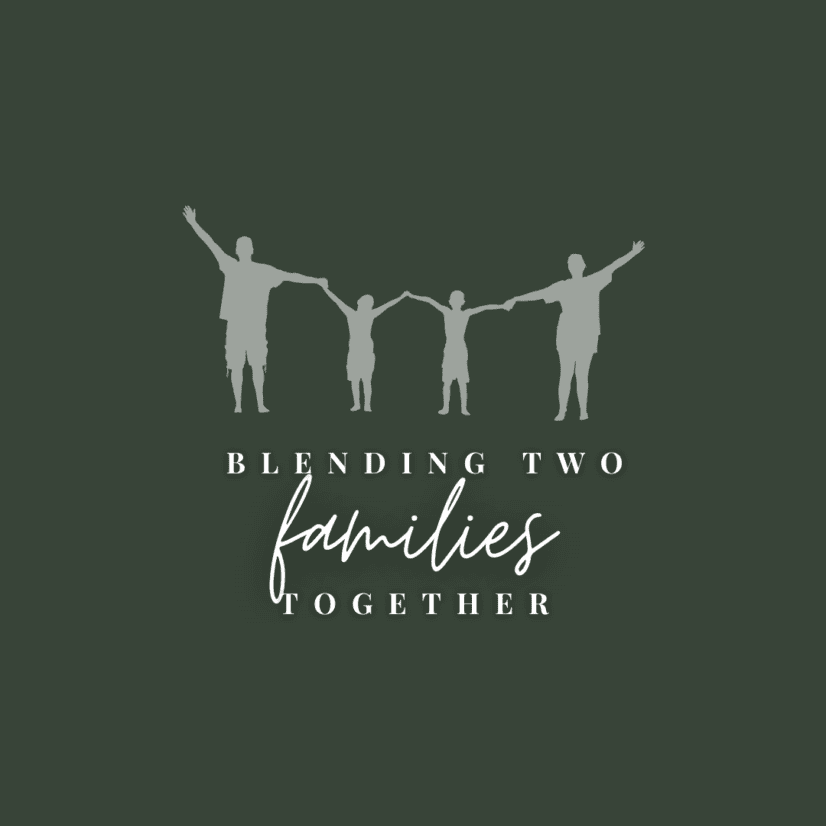If you looked at the title of this blog and thought “What is fear-setting?” you are probably not alone. This was a foreign concept to me as well before I recently watched Tim Ferriss describe fear-setting in his TED Talk, “Why You Should Define Your Fears Instead of Your Goals”.
Managing Fears – Part 2
A good way to manage fear responses is to maintain regular, consistent self-care practices when we are not in fearful situations.
Managing Fears
When it comes to managing fear, it is important to know that there are different types of fears. They can be real, imagined, or perceived.
When Our Kids Become Adults
There can always be clearer communication and deeper understanding between parents and children. Parents appreciating their adult children for the wisdom they have can assist the relationship in those areas.
Emotion-Coaching Parents
Emotion-coaching parents are those who see their child’s emotional reaction as an opportunity to engage with them, honor the emotion, and coach them through the accurate and appropriate expression of the emotion – especially the negative ones.
Common Challenges of Stepfamilies
In her book, “Surviving and Thriving in Stepfamily Relationships: What Works and What Doesn’t,” Patricia Papernow, EdD, discusses the five common challenges that a stepfamily can face and offers some straightforward guidance to help address them.
Kids and Anxiety: How Parents Can Help
While it may be difficult for an adult to understand the fears of young children, those anxieties can seem very real and scary particularly to a child between the ages of three and six. As a parent, the best approach you can take in helping to soothe your child’s fears is to first model calmness and reassurance.
Family Time: Quality vs. Quantity
For many families, schedules start to get busier this time of year. Not only is school starting back up, but so are all of the extracurricular activities that come along with it. Between football practice, piano lessons, AP exams and parents’ increased work schedules, the coming of the school year often means less quality time spent together for many families.
Parents Don’t Have to Have All the Answers
It can be a humbling moment for a prideful parent to admit that he doesn’t have an answer for his children’s questions. It is inevitable though.
Blending Two Families Together
It’s good to ask, “What can I expect when my partner and I marry and we blend our two families together?” When blending two families together expect there will be an adjustment period for everyone in the family. Here is a quick glance at how to plan for blending two families together.

